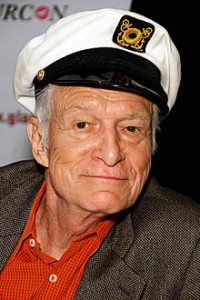While most teenagers are concerned about the opposite sex and college, Peter Jones at the age of 16 founded a tennis academy. All of his beginning businesses did not meet with success due to Peter’s inexperience. He was not one to give up easily and his nature paid off with his thriving computer business in his early twenties. Unfortunately he lost the business because of cash flow problems.
Peter left the entrepreneurial world for a while, when at the age of 28, he joined Siemens to run the UK computer business. In 1998, at the age of 30, Peter started his telecom business, Phones International Group. Today the business generates revenues in excess of £200m. In 2003, the firm was recognized in The Sunday Times/Virgin Atlantic UK Fast Track League Table as the 13th fastest growing business. His business interests today range from telecoms, leisure, publishing as well as TV and media.
Peter has won many national awards, including Emerging Entrepreneur of the Year in 2001 The Times/Ernst & Young, and was named 14th in the top 40 young entrepreneurs by the Daily Telegraph in 2005.
Peter’s advice to other entrepreneur’s is:
· Top pitching tip – Know your end goal and work towards it.
· Cardinal pitching sin – Do not over exaggerate the opportunity, be clear and concise.
· Motto – Believe in yourself, never give up and go about your business with passion drive and enthusiasm.
Peter’s visibility in the UK and the world increased rapidly with his appearance on BBC’s Dragons’ Den. On this show, Peter is 1 of 5 successful businessmen (dragon’s) who listen to entrepreneur’s pitch items with the hope of gaining financing form. This is done typically in exchange for a stake in their enterprise. Through this show, Peter has invested in companies including the magazine Wonderland and a data service for marinas, Square Mile International.
In April of last year, Peter closed a deal with ITV to star in and produce at least two new prime time shows. The first of these is called “The Tycoon.” Peter will be searching the UK for the next big Business Tycoon.. the other show is expected to be modeled after Peter’s American TV hit show “American Inventor”, which airs on ABC.. Peter teamed with Simon Cowell and the producers of American Idol to find the best in American ingenuity. Finalists are given $50,000 to develop their idea and bring it to the next level.
There is a humanitarian side to Peter. His charity called Forgotten Children provides funding for organizations looking after children who have slipped through the normal system of care. He maintains an interest in children’s success despite their circumstances and makes every effort in providing ease to their difficult environment. This is truly one of his most admirable qualities.
